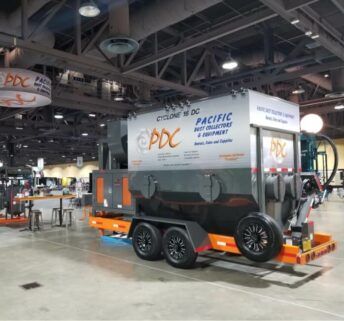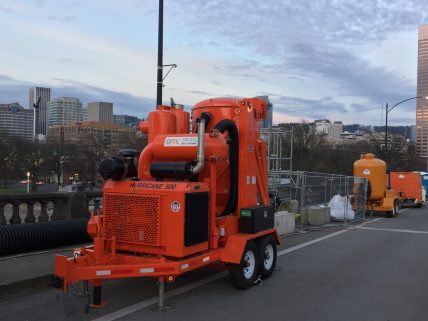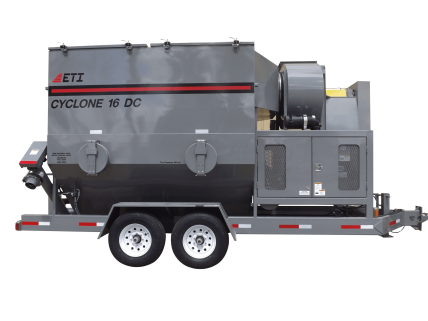In a bid to reduce pollution through the use of pollution control machinery and equipment, numerous industries are doing their best and making a real difference. Many types of dust collectors are used widely in many industries. You may already be familiar with cyclone dust collectors. They are one in a handful of machines that remove dust particles from the atmosphere. But are they better than all the others?
Numerous industries and applications are making good use of cyclone dust collectors today. Let's take a closer look at this type of appliance.
Cyclone Dust Collectors – What Are They?
Cyclone dust collectors are used in industrial applications to separate useful particles from large dust particles. They are unique, specially designed equipment. Using inertia effect and centrifugal force, these are mechanical separators of particles. From industrial process plant exhausts, these dust collectors help remove large dust particles and act as air pollution control equipment. As the size of particles increase, so does the appliance’s efficiency. For this reason, they are perfectly suited to act as the primary dust collector in multistage filtration applications.
What Makes Cyclone Dust Collectors Superior to Others?
A cyclone dust collector can be used in a wide range of industries. The popularity of these dust collectors is explained by the following finer points:
- Low level of noise
- Better airflow efficiency
- Superior air filtration
- Reduced cleaning frequency
- Safer and cleaner method
What Industries/Applications Use Cyclone Dust Collectors?
Most commonly, cyclone dust collectors offer extreme benefits when implemented in the following applications:
- Foundry, mixers
- Grinders, floor gate
- Bucket elevators and bins
- Shakeout conveyor
- Belt conveyors
- Bag tube packers
- Grit and shot blasting, sandblasting
Cyclone dust collectors are used extensively, as well, in the following applications:
- Bulk powder processing industry
- Paper and pulp industry
- Food processing industry
Why High-Quality Dust Collectors Are Needed
It can be potentially harmful to workers if they are expected to function in an environment that contains irritants and toxins. In industries with such an environment, the installation of a good quality dust collector is highly advisable. Granted, a brand-new cyclone dust collector may be more than what you need. Its functions might possibly exceed your requirements. Hence, it is essential that you ask yourself a few questions, and examine some specific characteristics, to determine your precise needs:
- For the best ROI, seek top performance and high quality, even if you pay a little bit more initially.
- Don't get more than you need if you feel the job will always be on the smaller side.
- How much power do you need? Do you require an industrial-strength vacuum with higher horsepower, or something small and portable?
- Air suction capacity can be a determining factor. CFM – cubic feet per minute – is how airflow is measured. From low to high, CFM can range in various models of dust collectors. Industrial size could start around 1500 CFM, while in a home, work or shop environment, 150 CFM would suffice.
- Also consider filtration capacity. Will you be using a HEPA filter? Possibly a UPLA filter? Just how clean do you need your air to be?
So, does a cyclone dust collector suit your specific settings, or will your needs be better met by something smaller, more compact, and portable?



